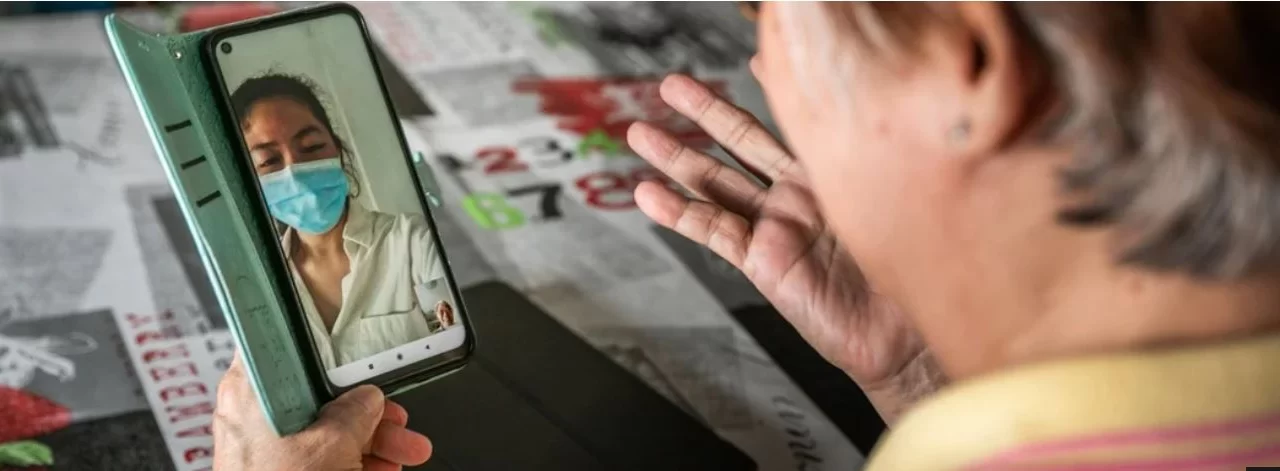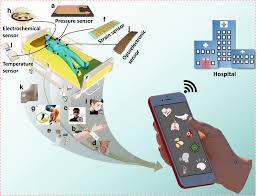The past year has been challenging for India and the rest of the world regarding health metrics. Despite the adversity, significant positive changes are emerging in India’s healthcare system, potentially leading to lasting improvements. At a recent virtual event hosted by IMD’s Alumni Club in India, two of the country’s leaders in epidemiology and healthcare discussed the transformative effects of COVID-19 on the Indian healthcare landscape.
The event, titled “The Indian Economy Recovery Path in 2021: Perspectives from an Epidemiologist and an Economist,” featured Dr. Ramanan Laxminarayan, Founder and Director of the Center for Disease Dynamics & Policy, and Prasad Kompalli, Co-founder of Mfine, an AI-based health tech venture. They shared insights on how the pandemic has accelerated digital innovation in healthcare.
Unprecedented Challenges and Opportunities
India has faced immense challenges during the pandemic, with a significant number of COVID-19 cases. Dr. Laxminarayan highlighted that while India is officially ranked second behind the United States in reported cases, the actual numbers might be higher due to underreporting. However, he pointed out that the unique economic landscape of India could lead to a healthcare revolution driven by the pandemic’s challenges.
Rapid Behavioral Shifts and Permanent Changes
The pandemic has forced people worldwide to adapt rapidly, leading to permanent changes in behavior. One notable shift is the increased adoption of online services, even among older generations who previously avoided digital platforms. This shift has brought both positive and negative changes, particularly in the healthcare sector.
In India, the crisis has paved the way for innovations that make healthcare more accessible, especially for those in remote areas. Kompalli noted that the pandemic pushed people to try cost-effective diagnostic methods that were previously considered less ideal. The necessity of telehealth during the pandemic has led to widespread acceptance and recognition of its benefits among both patients and healthcare providers.
The Rise of Telemedicine
Telemedicine has emerged as a game-changer in the Indian healthcare system. According to Kompalli, the emphasis on in-person consultations has shifted, with more people now comfortable with telehealth solutions. This change is particularly beneficial in rural areas, where it was challenging to sustain medical practices due to a lack of patients.
Dr. Laxminarayan pointed out that using AI and other digital tools can enhance doctors’ efficiency, allowing them to see more patients and spend more time with those needing physical interventions. The pandemic has accelerated the adoption of these technologies, with nearly every doctor in India using telemedicine in the past six months.
Government Support and Future Prospects
The Indian government is recognizing the potential of digital innovations in healthcare. Dr. Laxminarayan emphasized that these innovations would have a permanent place in the healthcare system moving forward. As India strives for economic growth, innovation in healthcare is essential.
In conclusion, while the COVID-19 pandemic has brought unprecedented challenges, it has also catalyzed significant positive changes in India’s healthcare system. The rapid adoption of digital innovations, particularly telemedicine, is transforming healthcare delivery, making it more accessible and efficient. As India continues to embrace these changes, the future of healthcare looks promising.











